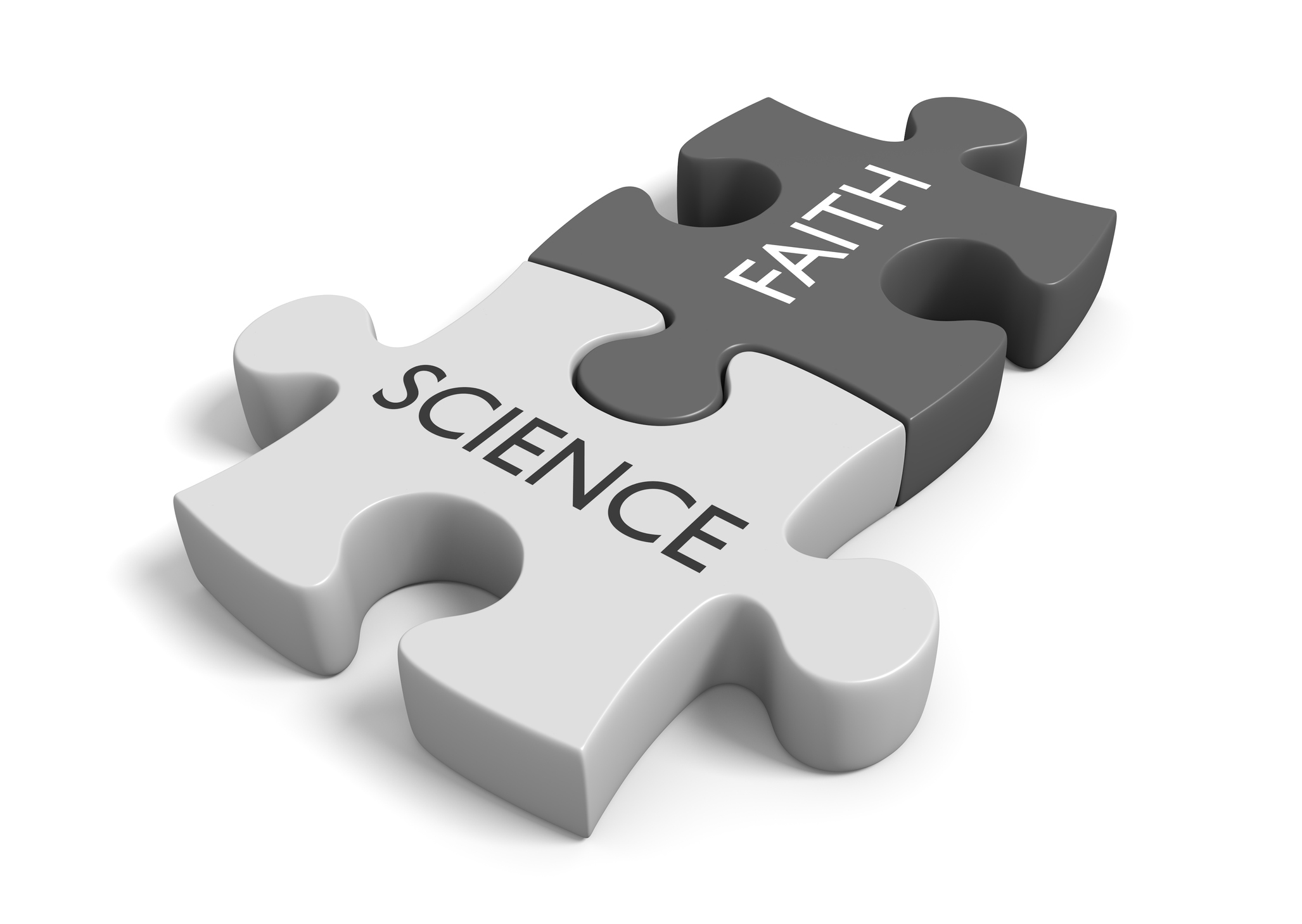Hamptons Soul: Science and Faith

Father Constantine Lazarakis of the Greek Orthodox Congregation, and Jewish Center of the Hamptons Rabbi Josh Franklin offer thoughts on balancing science and faith.
Father Constantine Lazarakis
As I have stated before, I feel tremendous sorrow over the state of our civic discourse. Whether we are talking about local, national or global issues; whether the topic is the next election, climate change or covid-vaccines, our public discussions are dominated by strawmen, faulty assumptions and false dichotomies. This type of propaganda undermines our ability to make informed decisions about critical issues, and to be responsible participants in the democratic process.
One such faulty assumption plaguing our current conversation is the notion, which many have swallowed bait, line and sinker, that faith and science are mutually exclusive. Climate change deniers often misuse scripture to support their disregard for the urgency of the crisis. “Scientific minds” often dismiss the eternal truths and moral imperatives conveyed by faith, using “science” as a kind of magic wand to whisk away that which cannot be measured, touched and tested. Neil Young once sang that “the aimless blade of science slashed the pearly gates.” The idea that we must align ourselves along either scientific or religious lines is a recipe for disaster. We allow ourselves to ignore far too much if we believe that it’s one or the other.
It’s better to allow the tension between the two disciplines to create balance. Martin Luther King Jr. articulated it well when he said “There may be a conflict between soft-minded religionists and tough-minded scientists, But not between science and religion… Science gives man knowledge which is power; religion gives man wisdom which is control… The two are not rivals. They are complementary.” We can’t afford to ignore the science, nor can we afford to follow the science with “the eyes of our hearts” closed. Instead, we must use every scientific discovery and technological advance to elevate the human spirit. We have to make science and faith work together. Our lives do depend on it.
Rabbi Josh Franklin
As a man of faith, I’m often asked whether or not I believe in evolution. The question boils down to whether someone who is religious can also believe in science. Science and faith are often seen as opposites from one another, diametrically dissimilar ways of seeing the universe. Science and faith, though, are not mutually exclusive. In fact, each helps us understand the other. If religion didn’t also accept science, I wouldn’t be a rabbi, and I probably would be a Jew either. Judaism embraces science quite easily for several reasons that should help us understand why science and faith go hand and hand.
- Judaism encourages us to understand the world through different lenses that might seem contradictory, but are actually beautifully paradoxical. I can look at the Genesis narrative and find it to be spiritually divine, while at the same time, recognize that the world was created in about 4.5 billion years ago from a solar nebula. The modern mind is concerned with history and facts. The spiritual mind simply doesn’t neglect these ways of seeing the world. It simply seeks to create meaning in the world in addition to understanding it.
- Judaism believes in the value of questioning. When my daughter comes home from school, I inquire: “how many times did you raise your hand, and what questions did you ask.” Judaism instructs us to have our children ask great questions. This is why on the holiday of Passover, our children must ritually ask a series of questions to their parents. Jewish learning is less concerned with finding the right answers as it is with asking thoughtful questions. Similarly, science is about continually questioning assumptions and testing new theories. One of the favorite go-to lines of Jewish law is the same question that scientists often pose: “how do we know this?”
- Science is a tool for practicing religion. The Rabbis of old saw science not only as a means of knowing God, but also as a necessary tool in figuring out Jewish law. The Talmud (an ancient compendium of Jewish law) embraces astronomy so that Jews could determine the Jewish calendar, which is based on lunar cycles. It also embraces science as a method for understanding.
Seeing the world simply through science might be boring, while seeing the world only through faith might be mindless. But why settle for one when you can have both!



